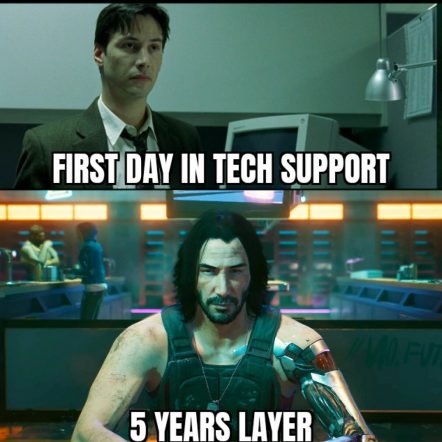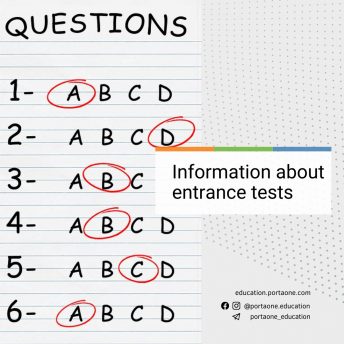In March 2021, the OVH data center, Europe’s largest hosting provider, caught fire in Strasbourg. As it turned out later, a lot of clients of the provider were unaware that they had to back up the data entrusted to OVH on their own. As a result, terabytes of information were irrevocably lost, and the local fire turned into a disaster for many companies.
Because of the fire in the building OVH PortaOne company, for example, lost 17 virtual machines and one physical server. However, everything was restored in the matter of a couple of hours. It became possible thanks to system administrators, who were prepared for out-of-state situations and took care of backup. If wasn’t not for this precaution, the renewal of lost information could have lasted for years.
The main task of the system administrator is believed to be ‘extinguishing fire’ or to tackle the problems that attack the office equipment. Actually, his task is to prevent these fires.
This is how the list of tasks of the system administrator looks like:
- solving arising problems with the fleet of computer equipment (i.e. ” extinguishing fire “)
- setting up new equipment, testing new firmware/software versions
- ensuring interruption-free communication between devices in the local network, preventing problems when updating settings
- automation and optimization of processes
- administration of services, servers and infrastructure.
The demand for sysadmins is thought to be decreasing as the technology and components are becoming smarter. Manufacturers are anticipating more and more downgraded situations, and often the computer system seems to be able to operate by itself without human intervention. Of course, this is not the case. Problems might occur less frequently, but in most cases they are more global than before. Let’s look at this example: with the transition to the cloud the loss of one physical server is no longer a problem. But if you have no access to the cloud facility, it affects the entire company.
Today, the number of devices in any office is growing exponentially, and it is the system administrator who determines whether they will be able to properly function in one network. In this case, it is important not just to read the instructions written for specific situations, but to see a bigger picture, a root cause of the problems and be able to sort them out without having a clear instruction. This is what distinguishes a good system administrator from an average one.
There is a point of view that in order to get your first job as a system administrator, you need to “know computers”. This is of course not enough. The sysadmin needs to:
- Know and be able to set up operational systems;
- Understand the principles of the system operation, network equipment, and network protocols;
- Know how to work with domain services, postal services.
You can obtain all these skills by completing our course and become a systems administrator from scratch.
There are lots of opportunities for your career growth. You can develop your skills and competencies in the profession or you can become a security engineer (a specialty in demand), a software engineer or a software architect. You can also grow as a manager, even up to a CTO.




